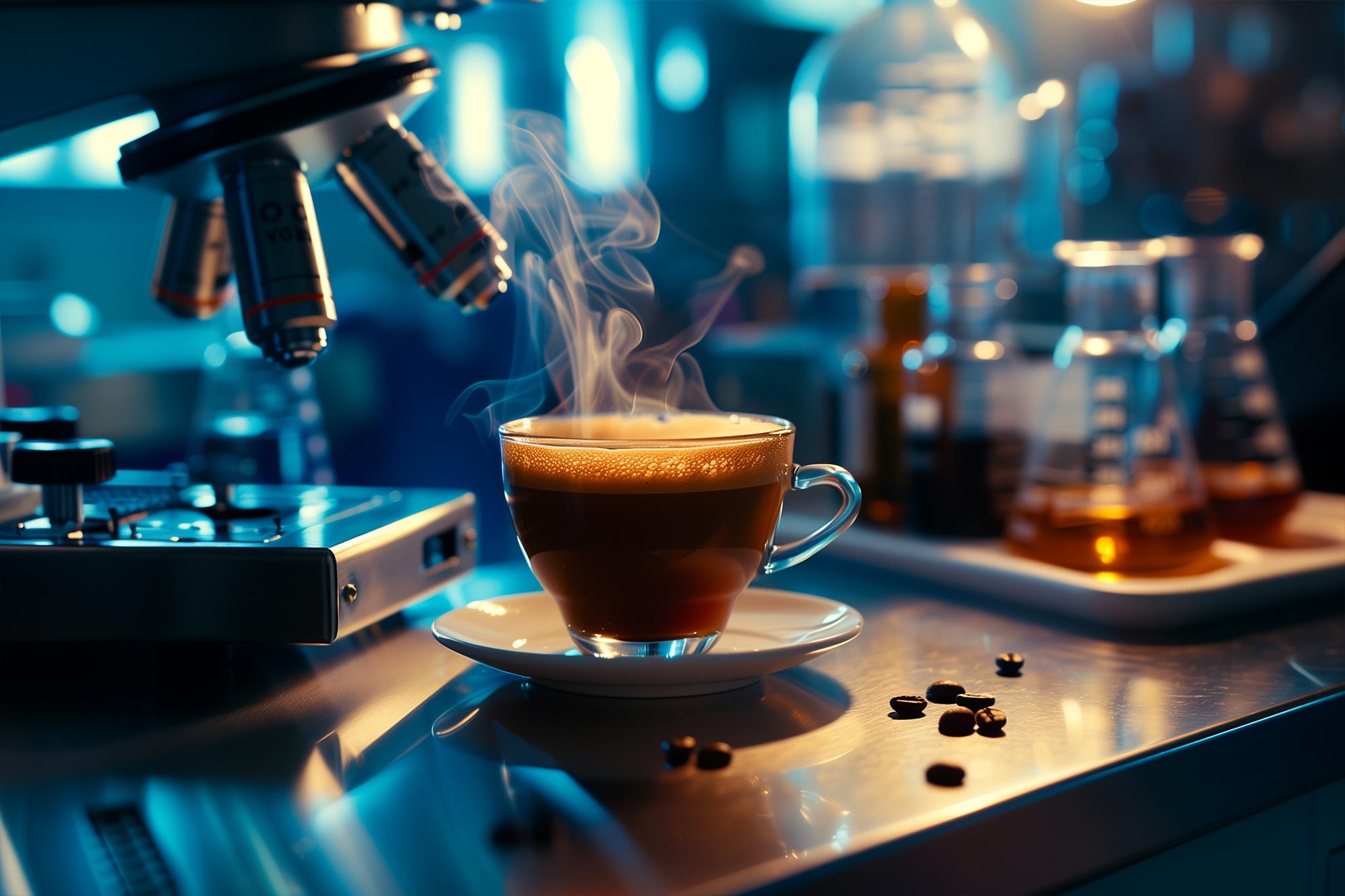Brewing Genius: How MIT's Lab Wizards Just Transformed Your Morning Coffee

Brewing Innovation: MIT Students Explore the Science of Coffee
At the prestigious Massachusetts Institute of Technology, an extraordinary undergraduate course is transforming the way students think about their daily caffeine fix. This groundbreaking class seamlessly blends scientific principles with the art of coffee brewing, creating a unique learning experience that goes far beyond traditional classroom boundaries.
Students like Elaine Jutamulia and Omar Orozco are diving deep into the world of coffee chemistry, using cutting-edge experimental techniques to unlock new dimensions of flavor and understanding. By carefully exploring various additives and brewing methods, these aspiring scientists are turning their passion for coffee into a fascinating scientific exploration.
The course represents more than just a typical lecture series—it's a hands-on journey that encourages curiosity, creativity, and critical thinking. Participants learn to approach coffee not just as a beverage, but as a complex scientific subject ripe with opportunities for innovation and discovery.
Through meticulous experimentation and scientific analysis, these MIT students are brewing up a future where coffee is viewed through a lens of scientific wonder and technological potential. Their work demonstrates how academic curiosity can transform even the most familiar experiences into extraordinary learning opportunities.

